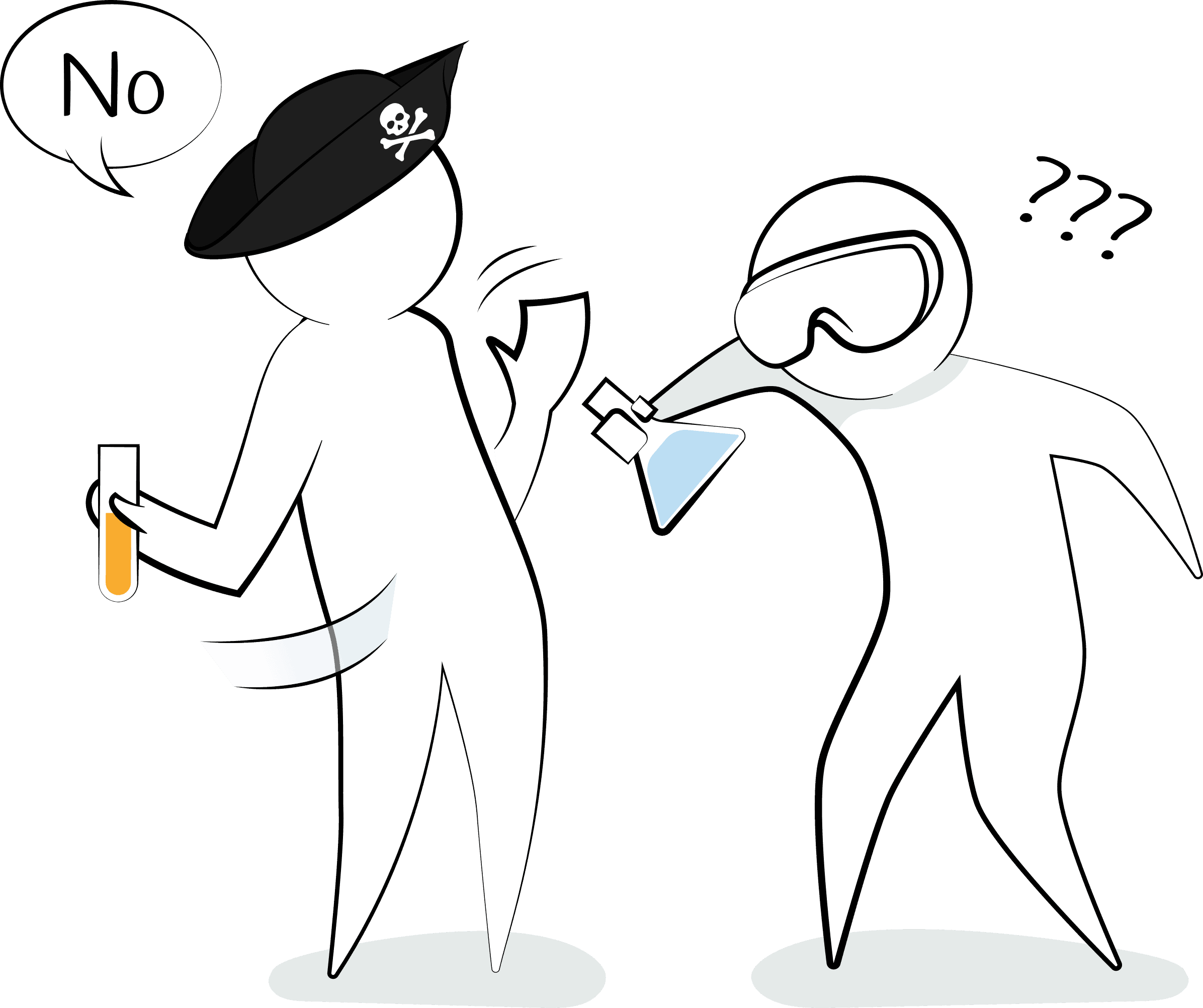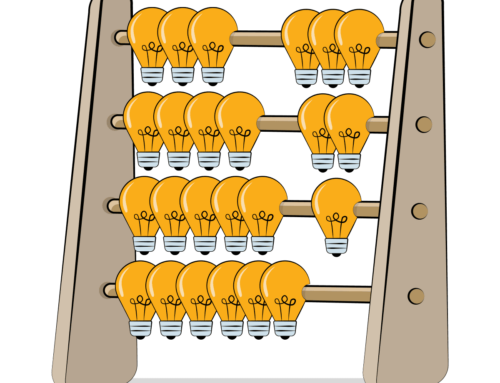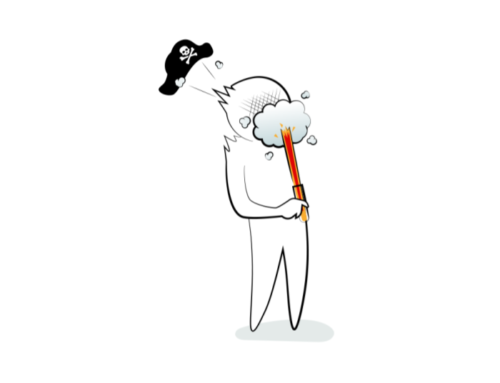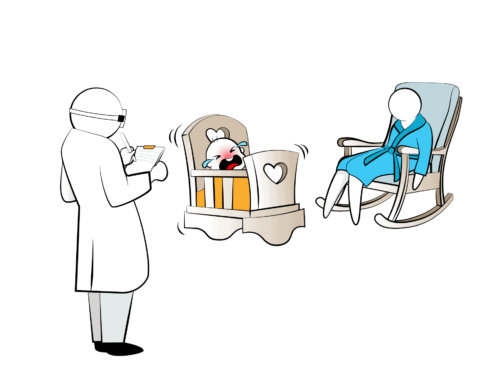Innovation Is Not Moral – Innovation Practitioners Can Be

In an era defined by rapid technological advancement, groundbreaking business models but also large-scale environmental and social problems, ‘innovation’ is often hailed as the beacon of progress.
Innovation is seen as our answer to pressing global challenges. However, I am uncomfortable with this narrative and the perception of innovation professionals. While innovation has undeniably been a force for good, it is not inherently beneficial. Some even well intended innovations, while transformative, can have unforeseen and negative consequences on humanity and our planet.
When I disclose my involvement in the innovation sector, a common response is one of enthusiasm. Seemingly suggesting that I’m directly contributing to global betterment. This makes me usually quite uncomfortable. While I’m committed to enhancing skill sets and refining operational systems, designed to benefit consumers, users, employees, and investors, it doesn’t unequivocally translate to universal good.
The truth is, that the skills and systems innovation consultants and managers foster can be wielded to increase the likelihood of success of any goal, be it benevolent or otherwise. Moreover, the long-term repercussions of specific innovations are often unpredictable. Historical records are littered with instances where well-intentioned innovations inadvertently resulted in harm.
Innovation is not synonymous with good and innovation practitioners are not necessarily making the world a better place.
Innovation: Good Intentions May Not Be Enough
- Dams for Hydropower: Built to harness clean energy from rivers, they’ve often disrupted local ecosystems and displaced communities.
- Pesticides and Herbicides in Agriculture: Developed to boost crop yields, their overuse has resulted in environmental and health concerns.
- Social Media Platforms: Designed to connect, they’ve become hotbeds for misinformation and cyberbullying.
- Discovery of Plastics: Initially hailed as a transformative material in the 20th century, its pervasive use now poses major environmental challenges, including ocean pollution.
- Antibiotics in Livestock Farming: Meant to prevent diseases in animals, their widespread use has spurred antibiotic-resistant bacteria, risking human health.
- Synthetic Fertilizers: Introduced to improve soil fertility and increase food production, their overuse has led to soil degradation and water pollution.
- …
All these innovations were introduced with positive aspirations in mind, whether it was improving productivity, ensuring convenience, or addressing challenges. However, each has posed new dilemmas, bringing to the forefront the ethical and long-term considerations that are not necessarily embedded in the innovation process. Worse, even if companies working on those solutions knew about negative outcomes all of the things above would still be considered innovative.
Innovation Practitioners
Each one of us innovation practitioners has the potential to make a positive difference. In a sense just like anybody else, first and foremost throughout our interactions with people.
I acknowledge that there is a special dimension. High risk, high reward is the nature of every project/startup. In a sense, that’s the definition of transformational innovation. This means the impact of our work has the potential to be exponentially good but also exponentially harmful.
The latest advancement in Artificial Intelligence (AI) is one of these cases. It presents profound ethical dilemmas. On one hand, AI can transform industries, enhance productivity (it is helping me to write this article), and even address complex challenges, such as predicting natural disasters. On the other, unchecked AI applications raise concerns about privacy invasion, job displacement, and even potential misuse in warfare.
So what should we do?
How can we ensure that ‘innovation’—the very force shaping our future—respects ethical and moral considerations? To be honest I don’t have a satisfying answer. Here are some steps we can take:
- Strengthen the Legal Framework: More than ever, we require a robust legal framework that sets boundaries for innovations. These regulations should not stifle progress, but ensure that organizations with profit motives do not overlook potential long-term harms.
- Define Innovation: Without defining innovation it is very hard to manage it. This includes undesired negative outcomes, a definition in your organisation therefore may include undesired outcomes, legal or not.
- Individual Decisions: At the core of innovation are the individuals who conceive, develop, and deploy new ideas. Until AI replaces innovation professionals, it is you and me who is making decisions. Sometimes, we need to say no for example. I know world-class innovation practitioners who have said no and they truly inspire me!
What are your thoughts?
RELATED INNOVATION WORKSHOPS & TRAINING









